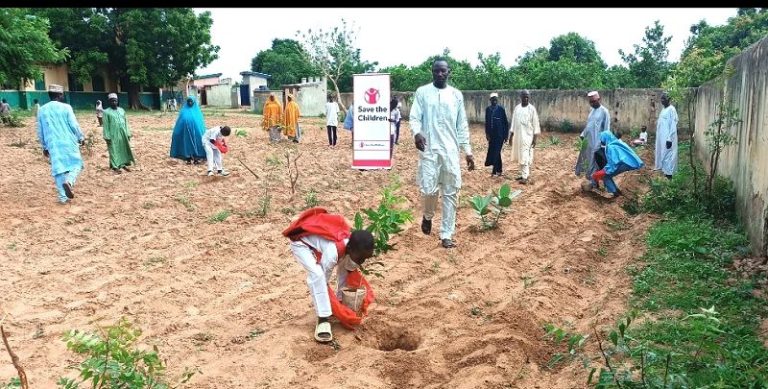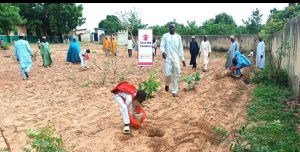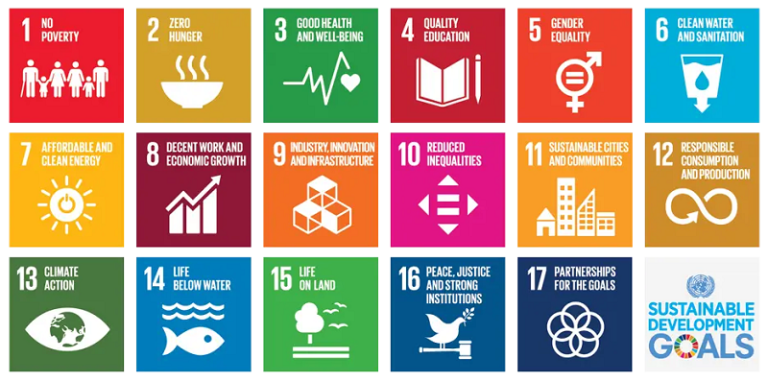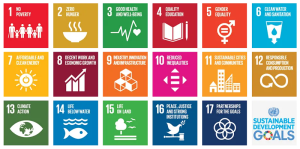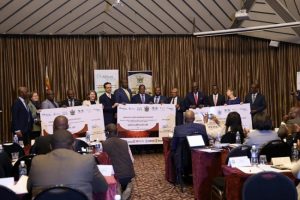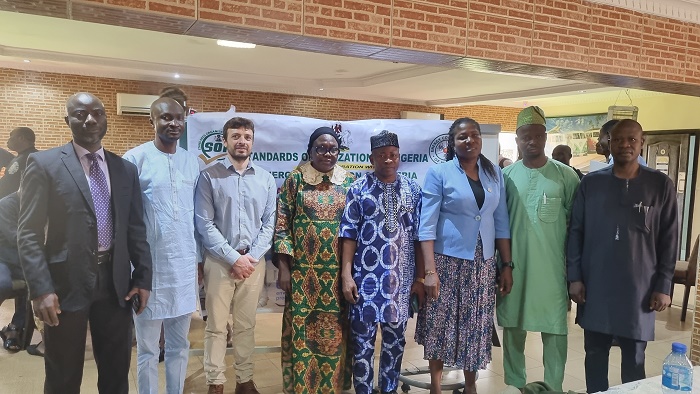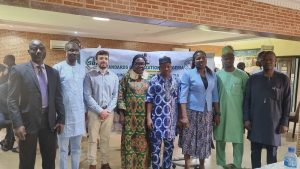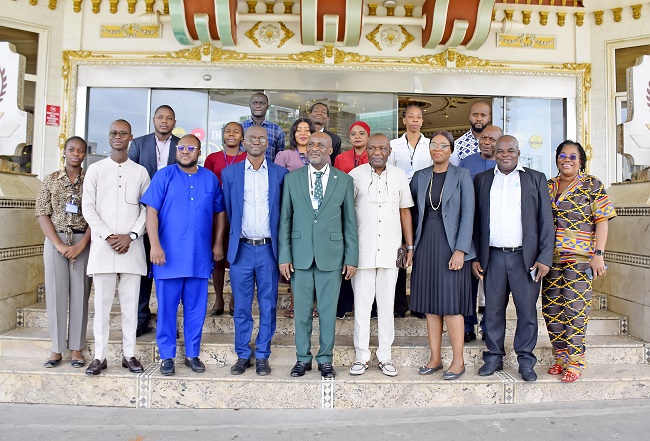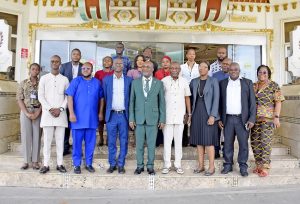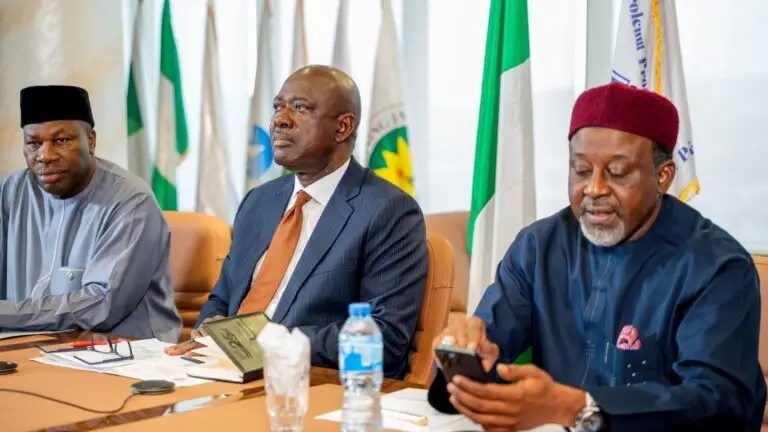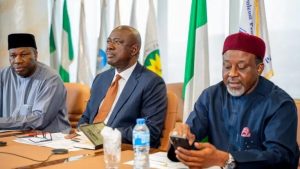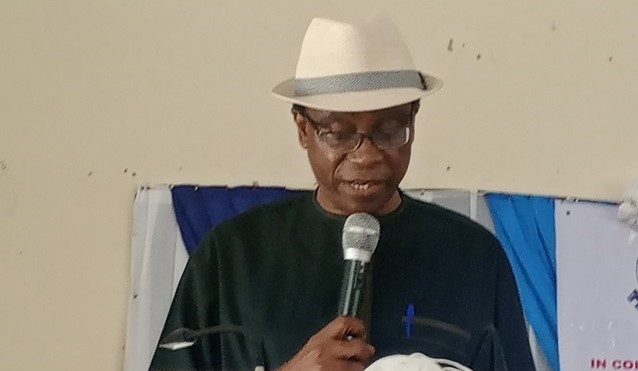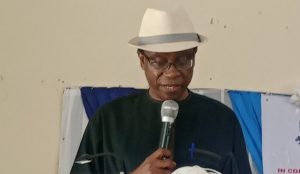Fidelity Bank Plc has emerged the first bank to publish its 2023 ISSB-Compliant Sustainability and Climate Report in the Nigerian banking industry.

Hosted on the bank’s website on June 30, the report provides insights into the Bank’s Governance, Strategy, Risk Management and Metrics.
It also provides targets around Sustainability and Climate-related risks and opportunities, human capital, community efforts, amongst others in the 2023 financial year.
Mr Mustapha Chike-Obi, Chairman, Board of Directors, Fidelity Bank, in the report, said that 2023 marked a pivotal point in the Bank’s sustainability journey.
Chike-Obi stated that the Bank, in the year under review, became a signatory of the UN Environment Programme Finance Initiative (UNEP FI), Principles for Responsible Banking (PRB) and the UN Women’s Empowerment Principles (WEP).
He explained that these associations go beyond mere statements of membership, adding that they actively integrated sustainability and climate-related goals into the bank’s core business strategy and daily operations.
According to him, the document, which is prepared in accordance with the requirements of IFRS S1 and S2, highlights the bank’s achievements and aspirations as pacesetters within the financial services sector.
“We believe innovation and transparency are essential for building trust in our strategies and achievements.
“As we progress towards sustainability, we remain committed to our diverse stakeholders including our dedicated workforce, esteemed shareholders and valued customers,” Chike-Obi said.
Speaking on the bank’s strategy on Sustainability and Climate Change, Mr Kevin Ugwuoke, Executive Director/Chief Risk Officer, Fidelity Bank Plc, said that the report detailed the bank’s commitment to continually situate ESG.
Ugwuoke mentioned that the bank was also committed to climate-related risks and opportunities’ considerations at the core of its business operations and activities.
He said: “This is as we constantly explore means of meeting our corporate objectives in a manner that significantly reduces the negative environmental and social effects.
“We are glad to be the first bank to publish its report as this emphasises our market leadership in the sustainability space and we commit to do more to increase our positive impacts in all aspects of sustainability.”
Fidelity Bank is a full-fledged commercial bank with over 8.3 million customers serviced across its 251 business offices in Nigeria and the United Kingdom as well as on digital banking channels.
The bank was recently listed amongst the top Nigerian banks in ESG performance, according to a survey commissioned by the Independent Project Monitoring Company (IPMC) Ltd.
By Rukayat Adeyemi


